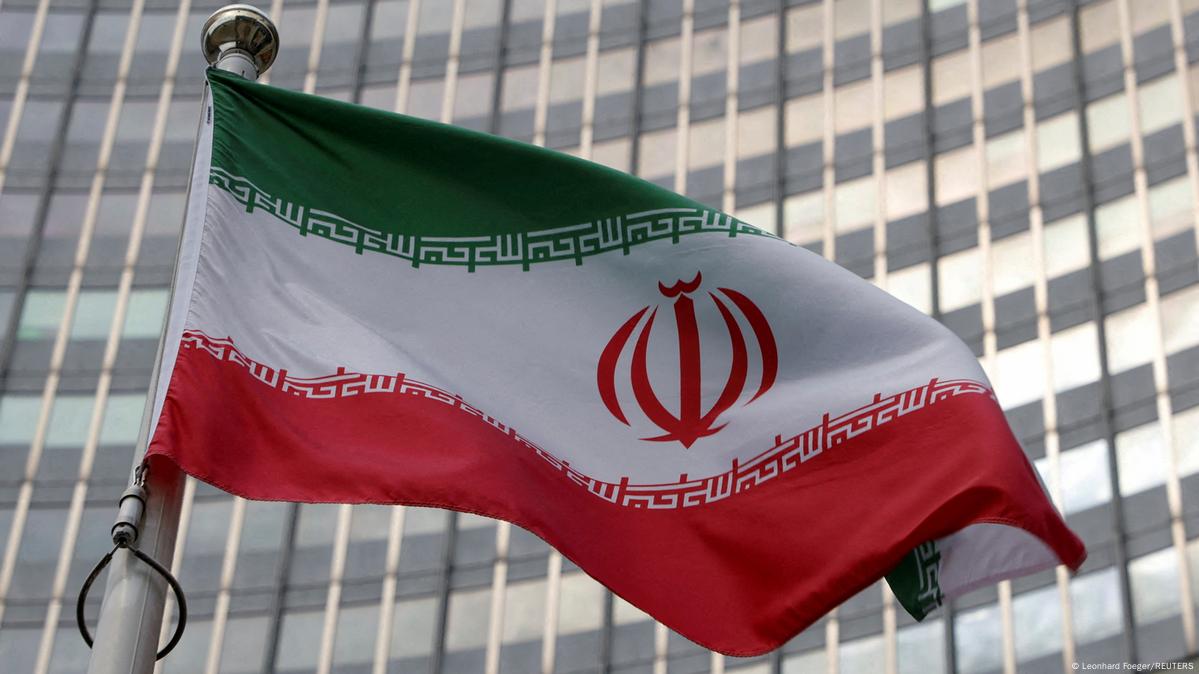Iran may face the reinstatement of United Nations sanctions within weeks unless it agrees to resume negotiations over its nuclear program and allow international inspectors access to its facilities.
France, Germany, and the United Kingdom have warned that they will trigger the “snapback” mechanism—an automatic reimposition of sanctions lifted under the 2015 nuclear agreement—if Tehran continues to violate the terms of the deal.
The three European nations, known as the E3, told the UN Security Council that Iran has violated “the near entirety” of its commitments under the Joint Comprehensive Plan of Action (JCPOA), the pact that limited Iran’s nuclear activities in exchange for sanctions relief.
Fallout from the Collapsed Deal:
The JCPOA began unraveling after US President Donald Trump withdrew from it in 2018 and reimposed American sanctions. In the years since, Iran has steadily reduced compliance, enriching uranium to levels close to weapons grade.
Negotiations aimed at reviving the agreement collapsed earlier this year after a 12-day conflict in June, during which US and Israeli forces bombed Iranian nuclear facilities. Since then, inspectors from the International Atomic Energy Agency (IAEA) have been barred from visiting Iran’s nuclear sites.
Under the snapback mechanism, sanctions imposed between 2006 and 2010 would be automatically restored, including an arms embargo, restrictions on uranium enrichment, and bans on missile-related technology. The measures also severely constrained Iran’s oil exports and financial system a decade ago.
The process takes 30 days to complete, but European diplomats are mindful that Russia will assume the rotating presidency of the Security Council in October, potentially complicating the procedure.
Tehran Prepares Retaliation:
Iran has warned that activating snapback sanctions would carry “serious consequences.” Foreign Minister Abbas Araghchi told his British, French and German counterparts that Tehran is preparing for “the worst scenarios.”
Options under consideration, according to Iranian officials, include scaling back cooperation with the IAEA, withdrawing from the Nuclear Non-Proliferation Treaty (NPT), and designating the E3 as “hostile states.” Such a move could give Iranian forces authority to inspect European vessels operating in the Persian Gulf and the Sea of Oman.
“The Europeans are exhausting their last leverage to please Washington,” one Iranian source said, accusing the E3 of reducing themselves to “irrelevance” in regional power politics.
Economic impact:
The sanctions would deepen Iran’s economic crisis, disrupting access to euros that are vital for importing essential goods such as medicines. Business and consumer confidence would also take a hit.
Yet Iran is expected to retain some lifelines. China is likely to continue importing Iranian oil, while the United Arab Emirates will remain a conduit for trade and Iraq a key market for Iranian goods.
The E3 foreign ministers have signaled that if Iran fails to accept a diplomatic solution before the end of August, they will formally trigger the snapback. Talks at the deputy foreign minister level are scheduled to resume Tuesday.

















